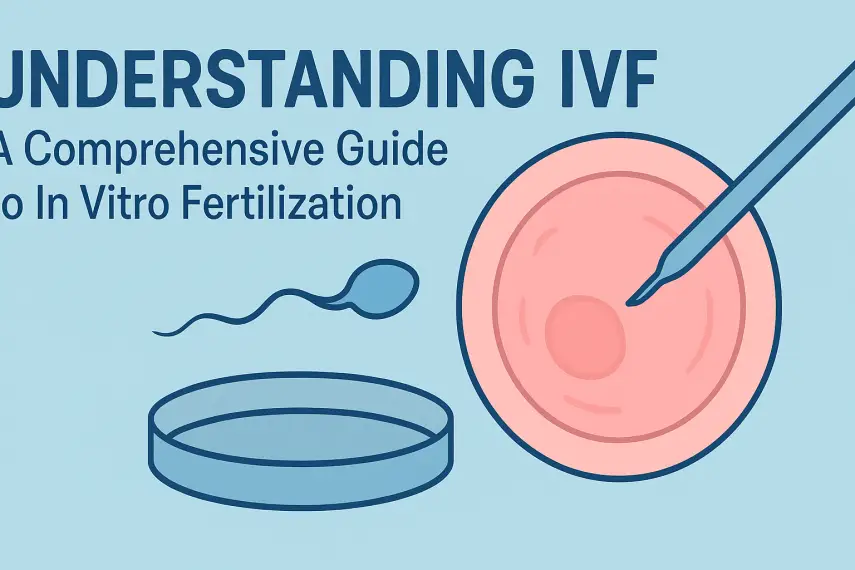
How to Use Herbal Weight-Loss Cures for Effective Results
📑 Contents
With the growing interest in natural approaches to health, many seek to understand how to use herbal weight-loss cures for effective results. Herbal remedies have been used for centuries, but modern research is gradually evaluating their safety and efficacy for weight management. This guide explores the evidence, practical usage, and important considerations for anyone interested in herbal solutions for weight loss.
Understanding Herbal Weight-Loss Cures

Herbal weight-loss cures are plant-based products or extracts used to support weight management. They may work by boosting metabolism, suppressing appetite, or enhancing fat burning. However, scientific backing varies, and effectiveness depends on the specific herb, dosage, and individual circumstances.
Popular Herbs Used for Weight Loss
| Herb | Purported Effect | Typical Usage |
|---|---|---|
| Green Tea Extract | Boosts metabolism, increases fat oxidation | Capsules, teas |
| Garcinia Cambogia | Reduces appetite, may block fat production | Capsules, powders |
| Glucomannan | Promotes satiety, reduces calorie intake | Powder, capsules |
| Yerba Mate | May increase energy expenditure | Tea, capsules |
| Cinnamon | May help regulate blood sugar levels | Spice, supplements |
| Fenugreek | Supports appetite control | Pills, tea, seeds |
How Herbal Weight-Loss Cures Work

Herbal weight-loss products can aid weight management through various mechanisms:
- Appetite suppression: Some herbs increase feelings of fullness.
- Metabolic boost: Certain compounds may enhance calorie burning.
- Fat absorption reduction: Some herbs may limit fat uptake from food.
- Blood sugar regulation: Stabilizing blood sugar can curb cravings.
Mechanisms of Common Herbal Ingredients
| Ingredient | How It May Help |
|---|---|
| Caffeine (Green Tea, Yerba Mate) | Increases energy expenditure, promotes fat oxidation |
| Hydroxycitric Acid (Garcinia Cambogia) | May reduce appetite by affecting serotonin |
| Glucomannan | Absorbs water, expands in stomach, promotes fullness |
| Capsaicin (Chili Pepper) | Thermogenic effect, may boost metabolism |
Safe Usage: Guidelines and Considerations

While herbal remedies are "natural," they are not always risk-free. Proper use is key to minimizing adverse effects.
- Consult a healthcare provider before starting any herbal supplement, especially if you have pre-existing conditions or take medications.
- Follow recommended dosages—more is not always better.
- Check for third-party testing or certification for supplement quality.
- Monitor for side effects such as digestive upset, headaches, or allergic reactions.
- Do not rely solely on herbs; combine with healthy diet and exercise for best results.
Potential Risks and Side Effects
| Herb | Possible Side Effects | Precautions |
|---|---|---|
| Green Tea Extract | Insomnia, nausea, increased heart rate | Avoid excess caffeine intake |
| Garcinia Cambogia | Digestive upset, headaches | Not for pregnant/lactating women |
| Glucomannan | Bloating, gas, possible choking if not taken with enough water | Take with plenty of water |
| Yerba Mate | Elevated blood pressure, sleep disturbances | Limit intake, avoid with heart issues |
How to Use Herbal Weight-Loss Cures for Effective Results

To maximize the potential benefit and minimize risks, follow these evidence-based steps:
- Set realistic goals: Aim for slow, steady progress—1-2 pounds per week is considered safe.
- Choose evidence-backed herbs: Focus on those with some clinical support, such as green tea extract, glucomannan, or caffeine-containing herbs.
- Start with a low dose: Monitor tolerance before increasing.
- Incorporate into a healthy lifestyle: Use herbs alongside balanced nutrition and physical activity.
- Track progress and adjust: Note any side effects and evaluate effectiveness after several weeks.
Sample Daily Routine Incorporating Herbal Cures
- Morning: Green tea or yerba mate tea for a gentle energy boost.
- Before meals: Glucomannan fiber supplement with water (if well-tolerated).
- With meals: Use spices like cinnamon or chili pepper to flavor food.
Combining Herbal Remedies with Lifestyle Changes

Herbal supplements should not replace fundamental lifestyle habits. For best results:
- Maintain a calorie-controlled, nutrient-rich diet.
- Engage in regular physical activity, including both cardio and strength training.
- Get adequate sleep and manage stress, as these influence appetite and metabolism.
- Stay hydrated for optimal digestion and well-being.
FAQs About Herbal Weight-Loss Cures

Are herbal weight-loss cures scientifically proven?
Some herbs, like green tea extract and glucomannan, have moderate scientific support for modest weight loss benefits. Many others lack robust, large-scale human studies.
Can I use multiple herbal supplements together?
Combining supplements may increase risk of side effects or interactions. Consult a healthcare provider before combining herbs or adding to existing medications.
How long does it take to see results with herbal cures?
Results vary. Some people notice subtle changes within a few weeks, but sustainable weight loss usually takes several months and depends on lifestyle factors.
Are herbal weight-loss supplements safe for everyone?
No. Pregnant or nursing women, children, and those with chronic health conditions should avoid most weight-loss supplements unless directed by a doctor.
What is the best time of day to take herbal weight-loss supplements?
This depends on the herb. For example, caffeinated herbs are best taken in the morning; fiber supplements are often used before meals.
Can I lose weight with herbs alone?
Herbs may assist in weight loss when combined with diet and exercise. Relying solely on herbs is unlikely to result in significant, lasting changes.
Do herbal teas help with weight loss?
Some herbal teas, such as green tea or yerba mate, may support mild weight loss as part of an overall healthy lifestyle.
How do I choose a quality herbal supplement?
Look for third-party tested products, transparent labeling, and avoid supplements with proprietary blends that do not disclose exact ingredients and amounts.
Conclusion: Making Informed Choices on Herbal Weight-Loss Cures

Herbal weight-loss cures can be a supportive addition to a comprehensive weight management plan, but they are not a magic solution. Always prioritize safety, use evidence-backed options, and integrate with healthy lifestyle habits for the best results. Ready to take a balanced approach to your weight-loss journey? Explore more resources or consult a healthcare professional before starting any new regimen.











